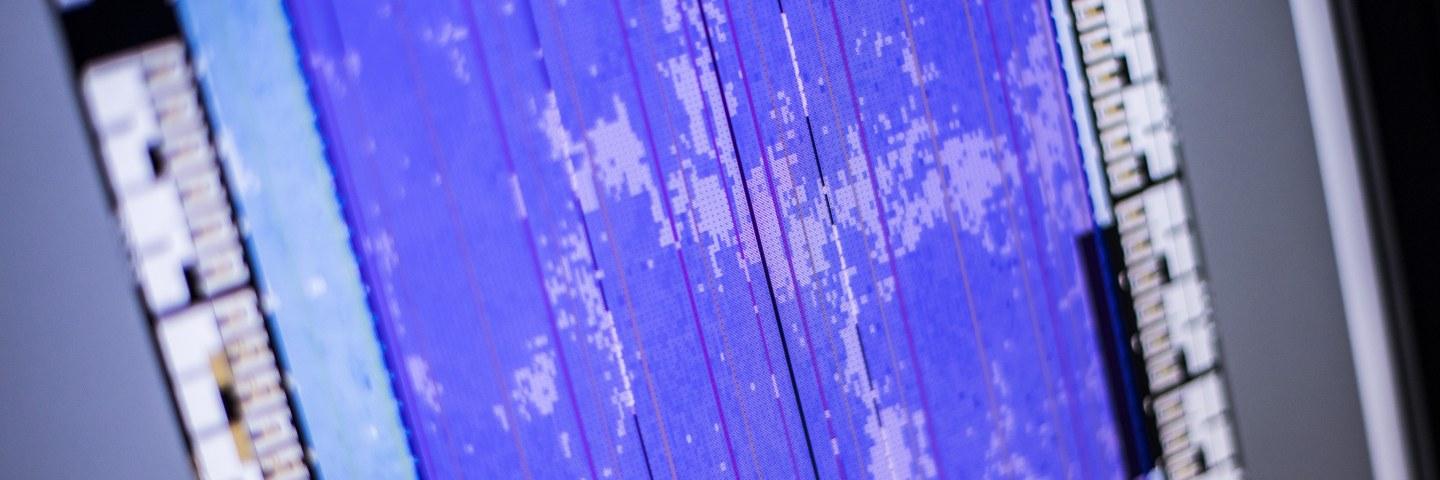What is MIELi?
The scientific and societal impact of microelectronics is significant, and we need more doctoral level experts in Finland. MIELi is a microelectronics doctoral school pilot that aims to speed up and improve doctoral education in microelectronics by collaborating with industry and academia. The doctoral school pilot aims at graduation in 3 years with industrially relevant research topics and immediate employment to companies and business after graduation.
MIELi doctoral education pilot involves Finland’s key players in microelectronics research: Aalto University, Tampere University, University of Oulu and VTT. The universities offer the doctoral positions and education, and VTT supports the pilot by offering visiting researcher positions, infrastructures, and guidance. Altogether 30 doctoral researcher positions have been filled, ten in each partner university.
Microelectronics is a constructive and complex research field that requires teamwork, advanced infrastructures and tools, and highly skilled and experienced workforce. Microelectronics is the key enabler for ICT and other sectors, such as healthcare, energy, and transportation. The demand for experts in the field of microelectronics is already very high and growing, and the opportunities in the job market are numerous and versatile. Microelectronics experts can make a real impact on the world by contributing to technologies critical for the future.
Microelectronics covers four interdependent technology layers:
- Materials, process technologies, and devices built on the material science. For example, printed electronics, transistors, MEMS, and standard cell libraries. The scope is on basic building blocks like single transistors.
- Components and circuits that compose the layer of electronics based on the foundational devices. For example, macros and circuits of thousands of transistors.
- System-on-Chip and processors. Build on top of previous layer with large and complex constructs like processors and RF Transceivers. The SoC itself can include billion transistors.
- Applications that essentially require one or more of the other layers to be realized.
MIELi doctoral pilot programme has the following objectives:
- Increasing the number of doctoral level experts in microelectronics in Finland
- Shortening the doctoral education to three years
- Immediate employment of the graduates in industry and business
- Developing and harmonizing doctoral education in Finland and contributing it to the EU programs
- Elevating doctoral degree appreciation among students as the basic level of education, and
- Growing strategic partnerships with companies enabling and deploying microelectronics.
To reach these goals and support the doctoral candidates, the pilot will have clearly defined doctoral thesis topics, network-wide training and joint courses, personal career development plans and supervision. The project will also aim at streamlining the evaluation process and enhancing research infrastructures.
Funding source
The pilot is funded by the Finnish Ministry of Education and Culture.
Contact persons
Contact person at Tampere University:
Head of the Computing Sciences Unit, professor Timo Hämäläinen, timo.hamalainen [at] tuni.fi
